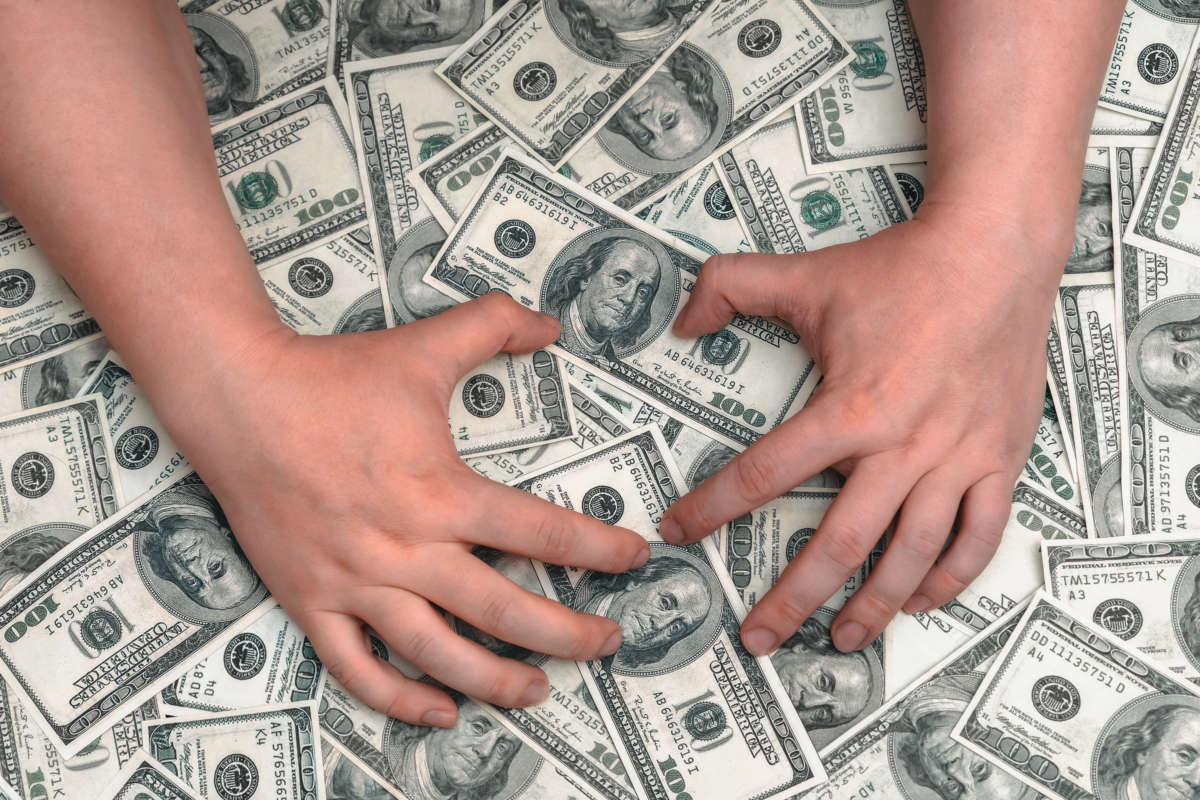The ACDC investigators found that a set of wealthy Russians, several of whom are suspected of various forms of kleptocracy or foreign political interference, have donated hundreds of millions to American charities, with some even serving on those charities’ boards. The ACDC identified seven oligarchs directly connected to U.S. political interference campaigns who donated upwards of $372 million to more than 200 American nonprofits over the past 20 years. Most of the recipients have been arts and cultural institutions such as the Guggenheim Museum and the Kennedy Center. But other types of elite organizations such as Harvard University, the Mayo Clinic, and the Brookings Institution received donations too.
Among the oligarchs the ACDC listed are:
- Viktor Vekselberg: Vekselberg’s investment company Renova donated over $13.5 million to arts and culture organizations over the past decade including Lincoln Center, Carnegie Hall, and the Museum of Modern Art; Vekselberg himself also donated to the Clinton Foundation. He served on the board of the Massachusetts Institute for Technology for years until his involvement with “malign activities” led MIT to suspend him in 2018.
- Leonid Mikhelson: The chairman of natural gas supplier Novatek also heads his own private V-A-C Foundation, which has given grants to many elite museums including the Art Institute of Chicago and the New Museum. In 2013, the New Museum invited him to sit on their board of trustees; they invited his daughter Victoria to join him on the board three years later. Leonid served on the board until his company was sanctioned by the U.S. government in 2021.
- Vladimir Potanin: The president of natural resources conglomerate Interros and a former first deputy prime minister of Russia donated $6.5 million to the Kennedy Center in Washington, DC, including funding for a new meeting space called the Russian Lounge. He was also a major donor to the Guggenheim museum and served on their board of trustees for twenty years before resigning in the wake of the Ukraine invasion on March 2.
Charitable contributions help to “virtue-wash” the reputations of donors and their companies. They keep donors connected with what the New York Times describes as a “high-powered American audience” even when their companies are under sanction — precisely what sanctions are intended to prevent. The underwriting of pro-Russian exhibitions at our foremost museums, ballets, and historic parks soften the image of Russia as an aggressive regime. And donations to policy think-tanks could arguably afford donors a voice in forming U.S. policy and attitudes towards Russia itself.
There is no evidence that any of this charitable activity has been directly connected to Putin, but it is clear that it serves his purpose. The New York Times has written that oligarchs’ donations “resemble bouquets to Mr. Putin who is known to smile on efforts to project the national interest abroad.” In fact, a Russia expert told the Times about oligarch charity, “This is what you do if you don’t want to do something dirtier.”
In their report, the ACDC wrote that the “staggering donations” from Russian oligarchs raise big questions about how carefully our charities review donations from wealthy individuals. And that they “highlight the urgent need for changes in the ways these institutions oversee such donations — and the ways the U.S. government oversees such institutions.”
We agree. Because, of course, it is not just Russian oligarchs that have been increasingly abusing charity for financial or political gain; U.S. oligarchs do it too.
As part of our charitable reform initiative, we have written that the autonomy of America’s nonprofit sector is imperiled by the growing concentration of wealth and philanthropic power being held in fewer hands — a trend we call top-heavy philanthropy. Wealthy donors — whether in the U.S. or abroad — are able to use a number of loopholes in our charitable system to reap personal financial gain or to shape public policy to their advantage. And it is becoming harder to identify these abuses as wealthy donors are using their influence to make charitable reporting more opaque. We urgently need reform of our charitable system to ensure that nonprofits are not used as tools for personal financial enrichment, or for the advancement of self-serving public policy, or for the whitewashing of international aggression.
